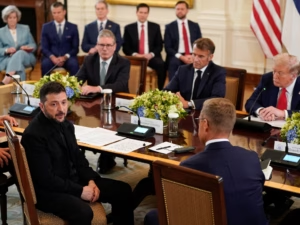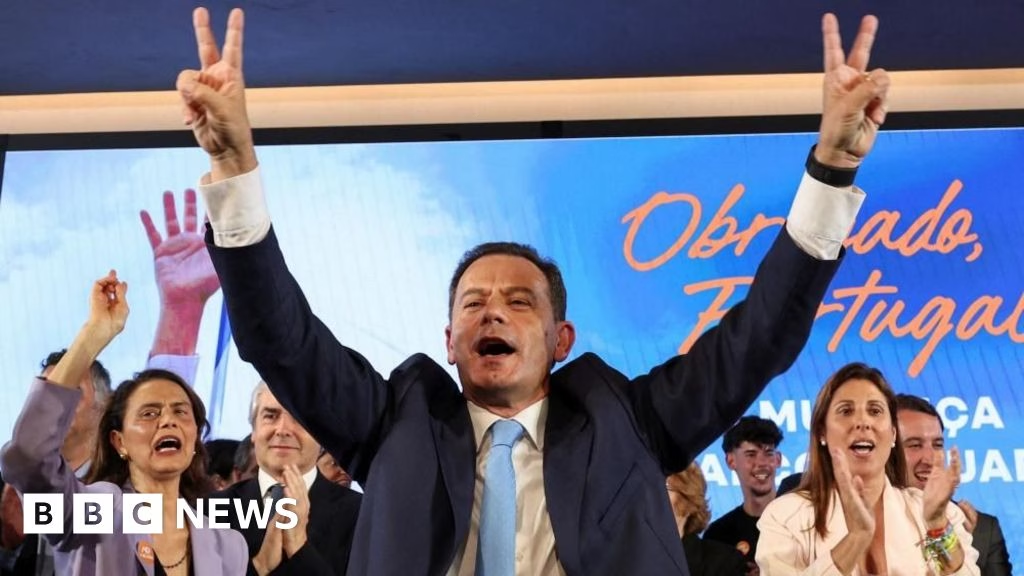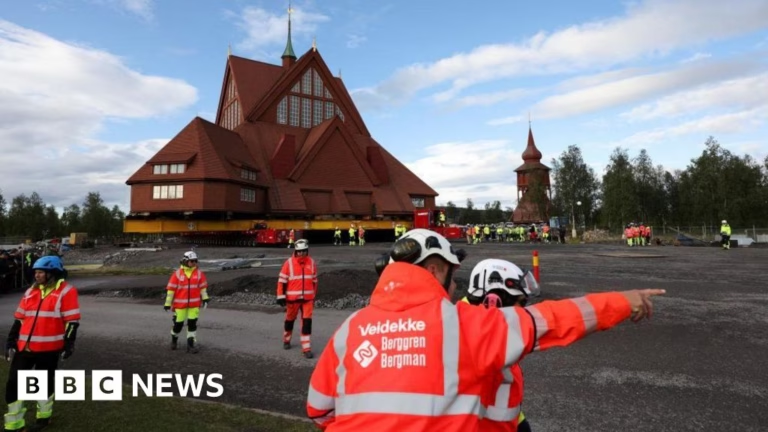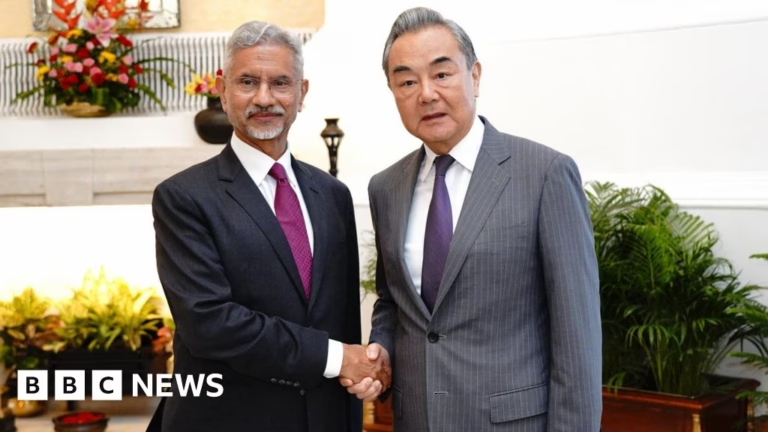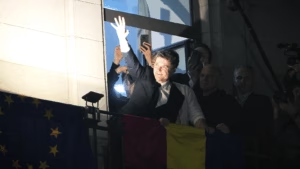Portugal’s governing right-wing Democratic Alliance has emerged victorious in snap parliamentary elections – the third in three years – yet they have again failed to secure a majority.
Luís Montenegro, the leader of the Democratic Alliance, pledged to “boost investment” and to “ensure prosperity and social justice” to his supporters.
Pedro Nuno Santos, the leader of the Socialist party, resigned after they finished in second place and suffered significant seat losses, leaving them in a deadlock with the far-right Chega party, a relatively new entrant in the political scene.
The Socialists could potentially slip behind Chega in terms of seats if voters abroad, whose votes take a few days to be counted, mirror last year’s election results when Chega won two out of four seats, and the Socialists won just one seat.
Chega leader André Ventura described the “historic” result as marking the end of a two-party dominated political landscape in Portugal.
His campaign, which homed in on issues related to immigration and corruption, likely benefited from the fact that both this election and the previous one were sparked by scandals implicating the sitting prime minister.
Montenegro, addressing his supporters, expressed gratitude to both his family and the “political family” that stood by him amid controversies concerning business deals brokered by a company he established before his rise to party leadership, which his sons now own.
This controversy, particularly the one that led to a confidence vote resulting in the dissolution of the government, was the catalyst for the election.
In his parting remarks, Santos maintained that Montenegro was unfit for the office of prime minister, suggesting that the Socialist Party should persist in challenging this issue.


